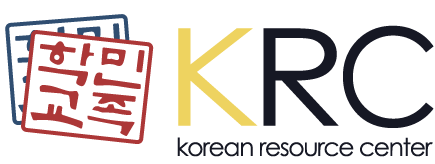Asian American Activists Call White House Immigration Paper ‘Anti-Family’
New America Media, News Report, Eugenia Chien, Posted: Apr 06, 2007
Editor's Note: A newly leaked White House immigration draft could be as devastating as the Chinese Exclusion Act, according to Asian American community leaders. Eugenia Chien writes and monitors Chinese media for New America Media.
SAN FRANCISCO -- Asian American community leaders called a newly leaked White House immigration draft “inhumane” and “un-American” because it calls taking away the right of legal immigrants to sponsor their relatives to join them and breaking up families as a result.
The document containing “a set of principles” for immigration reform drafted by key Republican Congressional representatives was circulated in Washington last week. The plan creates temporary visas for undocumented immigrants and new workers, but it also puts more limits on American citizens’ ability to bring their parents, children over age 21 and siblings to the United States.
“This plan attacks families and offers false hope for those seeking to legalize,” says to Karen K. Narasaki, executive director of the Washington-based Asian American Justice Center.
The Asian American community is the second largest group of immigrants who enter the United States through family sponsorship or by being immediate relatives of American citizens. China, Vietnam and India are among the top ten countries whose immigrants arrive through family sponsorship, according to the Office of Immigration Statistics at the Department of Homeland Security.
In 2005 about 17,000 Chinese obtained legal status in the United States through family sponsorship; 26,800 became legal residents because they were immediate relatives of U.S. citizens. Because so many Asians enter the United States through family quotas, the result of the White House draft “could be nearly the same as the Chinese Exclusion Act,” says Michael Lin, executive director of the Organization of Chinese Americans.
“We cannot allow this injustice to happen again. Family is the foundation of American society,” Lin says at a teleconference hosted by the Asian American Justice Center.
Joren Lyons, staff attorney at the San Francisco-based Asian Law Caucus says the White House proposal would have an “immediate impact” on the Asian American community” and “is quite shocking and devastating for many families who have been looking forward to the day they can reunite.” The wait to become legal United States residents can take decades, Lyons says.
Advocates also criticize the penalty fees proposed by the draft White House plan, which would require undocumented immigrants to pay $3,500 fines and other fees every three years in order to stay in the United States.
“The fees are exorbitant,” says Eun Sook Lee, executive director of the National Korean American Service and Education Consortium in Los Angeles.
Many Asian American immigrant advocates support the STRIVE ACT of 2007, a new comprehensive immigration reform bill introduced by Representatives Luis Gutierrez (D-IL) and Jeff Flake (R-AZ) on March 23. Advocates say that the STRIVE ACT could eliminate the backlog of family-based immigrants and help reunite children of Filipino World War II veterans.
The White House has minimized the importance of the document, describing it as only “discussion points.” So far no bill has been based on the document.
